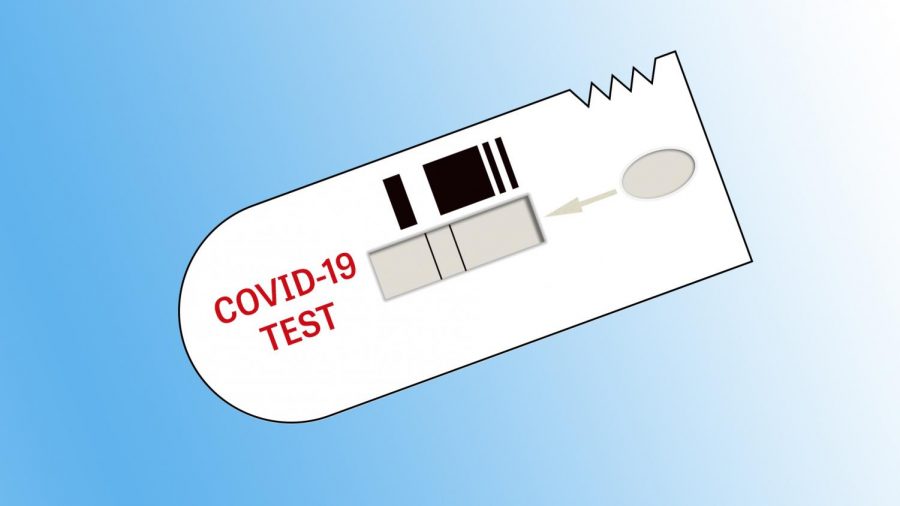It seems that protestors have finally triumphed: Students are no longer defined by test scores … that is, assuming they don’t have them.
Over one million students were not able to reach open schools for SAT and ACT testing this spring, amidst the COVID-19 pandemic. This has led 60 colleges and universities, including the University of California and Northeastern University, to announce that standardized test scores are optional for at least the graduating class of 2021.
“This is a one-year adoption of the policy,” Kelly Walter, dean of admissions at Boston University, said in an interview with BU Today. “We are responding to the shifting landscape, with juniors in high school not able to access testing, and we wanted to be flexible.”
While some colleges have gone test optional purely as a reaction to COVID-19, others are excited to use this opportunity to test whether going test optional can improve student diversity.
“The COVID-19 pandemic’s impact on SAT and ACT testing opportunities contributed to the urgency of this policy,” Tufts University dean of admissions JT Duck wrote in a blog post. “This decision aligns with our ongoing efforts to critically examine our policies, and to promote maximum access to a Tufts education to high-achieving students of all backgrounds and identities from across the country and around the world.”
Most colleges have decided not to adopt test optional policies yet because of the possibility that students will be able to take the ACT and SAT in person in September. However, if schools are still closed and students must take the tests online, the fear of cheating may prompt more schools to lift testing requirements.
“These tests pretty much dictate whether we go to college or not,” theater junior Vivien Haim said. “The second it is online, the test is pretty much asking how good you are at cheating.”



































































![[BRIEF] The Muse recognized as NSPA Online Pacemaker Finalist](https://www.themuseatdreyfoos.com/wp-content/uploads/2025/03/IMG_2942.jpeg)
